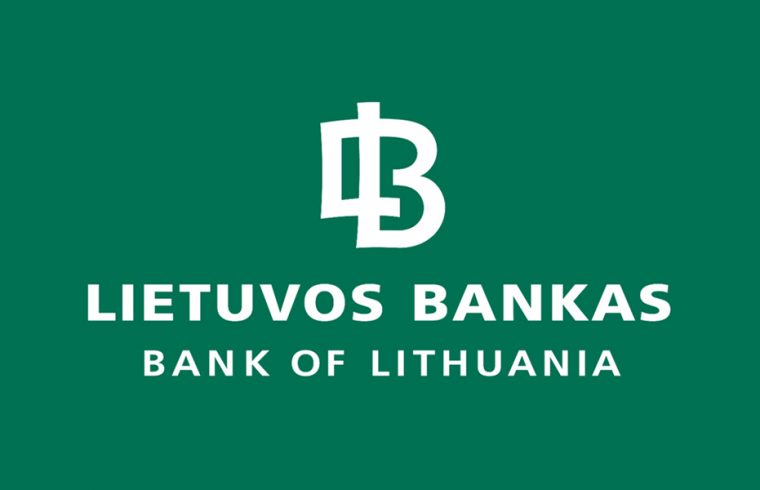The Bank of Lithuania regards both euro cash (euro banknotes and coins) and euro non-cash (payment cards, electronic money, etc.) as equally eligible for payment for goods and services, does not favour either of them, and aims to strengthen competition in the payment and settlement market for the benefit of business and consumers. Such is the position taken by Lithuania’s central bank in light of certain instances when local retailers refuse to accept euro cash for payment given the increasing popularity of electronic and mobile payment methods.
According to the Bank of Lithuania, refusal to accept euro cash as payment, choosing other lawful means of payment as an alternative, is without prejudice to existing legislation.
 Refusal to accept euro cash is considered acceptable if parties have agreed on other means of payment or the potential customer has been informed on means available for payment in advance and in a clear manner. It should be stressed that the use of cash entails costs related to the cash supply and handling thereof (for example, withdrawal of cash from a payment account, collection), which may increase the price of goods or services.
Refusal to accept euro cash is considered acceptable if parties have agreed on other means of payment or the potential customer has been informed on means available for payment in advance and in a clear manner. It should be stressed that the use of cash entails costs related to the cash supply and handling thereof (for example, withdrawal of cash from a payment account, collection), which may increase the price of goods or services.
The Bank of Lithuania has prepared its position on payment and settlement in euro cash taking into account the changing consumer payment habits and developments in the payments market, seeking greater clarity in terms of payment and settlement in euro banknotes and coins and having regard to EU legislation and national legislation of the Republic of Lithuania regulating the status and use of the euro as legal tender. The euro is legal tender in the Republic of Lithuania, hence payments and settlements in euro must be accepted across the country.
Similar position is taken in Germany, Finland, the Netherlands and Ireland, where it is recognised that the principle of freedom of contract may limit the application of provisions related to the mandatory acceptance of euro cash.












